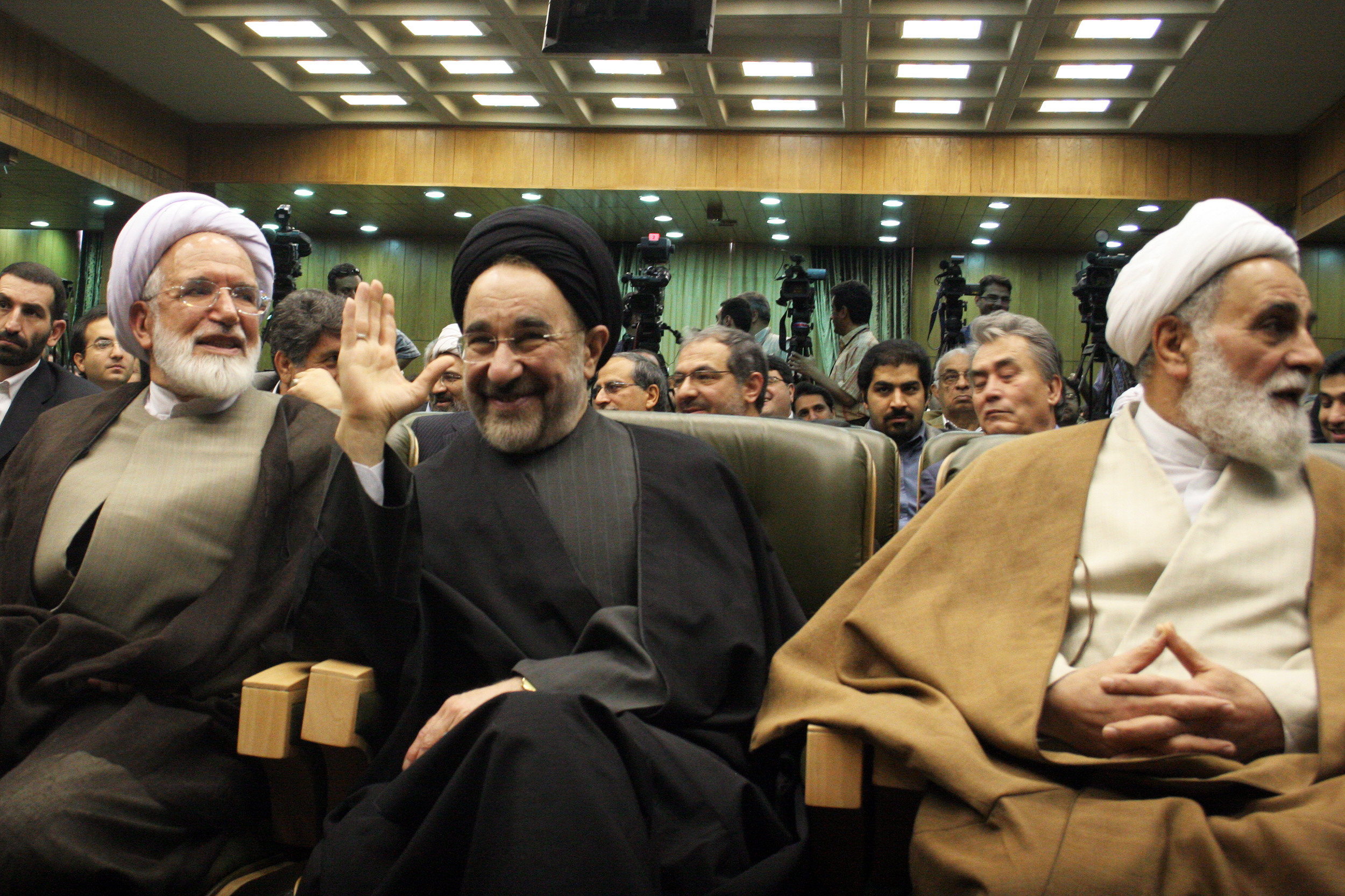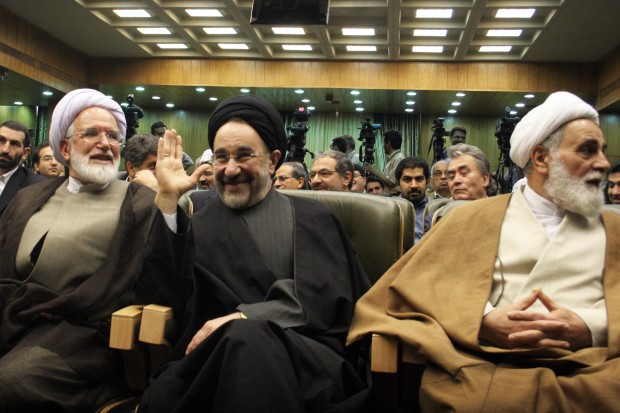
Iranian newspaper condemns media censorship

Iran’s “Ettelaat” newspaper has objected to the state’s ban on publishing the name or images of the former reformist president, Mohammad Khatami.
As the managing editor of the state-run newspaper, Seyed Mahmoud Doaei, wrote a front-page editorial in the form of a public letter addressed to President Hassan Rouhani on Wednesday 9th December stating that the ban is against the country’s constitution, which prohibits censorship.
This comes after “Ettelaat” defied the ban on Saturday, printing the Farsi translation of an interview Khatami has recently given to “As-Safir”, an Arabic Lebanese newspaper. Khatami’s image was also published alongside the interview. On Tuesday, news agencies affiliated to the judiciary reported that Doaei was indicted for ignoring the ban, insisting the restrictions on mentioning Khatami’s name and images remained in place. “Ettelaat” has published other news about Khatami and said it will keep doing so despite threats of prosecution. It is not clear if Doaei has been formally summoned to a court, according to RaiAlyoum newspaper.
According to “Faris News Agency”, the spokesperson of the hardline judiciary was asked of the prosecutor’s decision to ban the media from talking of Khatami, saying that this case is complicated considering that Doaei is a religious man in the first place.
The ban was imposed not by the Rouhani government but by the hardline judiciary and its media, which act independently. But Rouhani is bound under the Iranian constitution to speak out and defend people’s rights, as some criticized him for not interfering. It’s noted that the judiciary system in Iran has an overwhelming power over the president, as their decisions are final and cannot be appealed. According to the constitution of the Islamic Republic, the judiciary in Iran “is an independent power”. The court functions independently of the regular judicial framework and is accountable only to the Supreme Leader, which gives it more authority over law and the local government.
It is not the first time the authorities have banned mentions of Khatami in the Iranian media. In 2010, a similar ruling was issued against publishing his name or image, as well as those of Mousavi, Rahnavard and Karroubi as they were described as “sedition leaders” in “RaiAlyoum” newspaper.
Restrictions were relaxed during the last presidential elections in 2013. Khatami backed Rouhani in those elections and his support was crucial in the victory of the moderate cleric. Following Rouhani’s win, Khatami wrote an article for the Guardian in which he urged the west to work with the new president in order to end the standoff over Tehran’s nuclear programme.



One thought on “Iranian newspaper condemns media censorship”